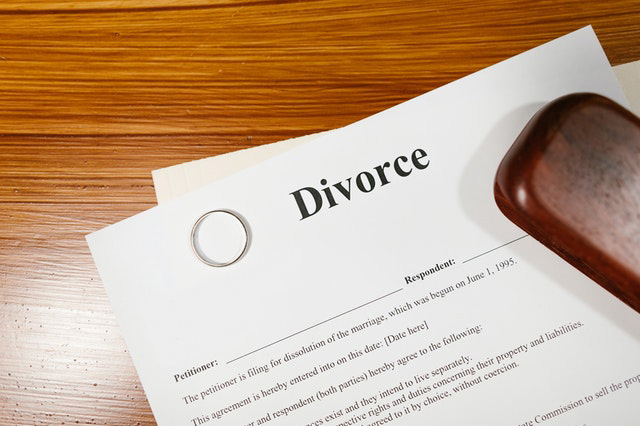
Unmarried couples do not have the same legal protections as married couples when their relationships end. A contentious split could therefore result in a lengthy and expensive legal dispute. To protect your interests during and at the end of your relationship, you need to sign a cohabitation agreement.
What is a cohabitation agreement?
A cohabitation agreement is a legal document that protects individuals who intend to cohabit or are cohabiting. The document specifies who owns what and how your assets (both individual and those attained together) will be divided should you separate.
In what circumstances should you consider signing a cohabitation agreement?
Discussed below are some situations where signing a cohabitation agreement is highly advisable:
- When you own property together
Unless you specify how joint property will be divided, your property will be automatically divided in half, even if one of you contributed more towards the purchase than the other.
A cohabitation agreement allows you to specify what part of the joint property each of you owns, helping you to safeguard your claim when your relationship ends. - When you move into your partner’s house
Moving into your partner’s house and contributing towards the mortgage gives you no legal right to claim the property if your relationship ends.
A cohabitation agreement allows you to specify the basis on which you will occupy your partner’s property. This includes indicating whether the payments you make towards the mortgage give you financial interest in the property and how much notice you should be given before moving out. - When you have children together
If you have children with someone you’re not legally bound to, it’s crucial to have a cohabitation agreement to protect both your interests and the interests of your children.
Why should you consult a family lawyer?
It’s a common belief that if the parties involved draft and sign a cohabitation agreement themselves in the presence of a witness, it will provide them legal protection in the event of a separation. This is false.
Cohabitation agreements are only legally binding if they are drafted correctly. For that reason, you and your partner should each retain an individual lawyer to provide independent and unbiased legal advice on the terms of your cohabitation agreement.
Are you looking for a Surrey family lawyer?
Here at Highland Law, our highly experienced family lawyers offer legal services that cover all aspects of your family life, including child support, child custody, cohabitation agreements, divorce, separation agreements, and more.
Visit our website or call us today to schedule a consultation with one of our expert Surrey family lawyers.